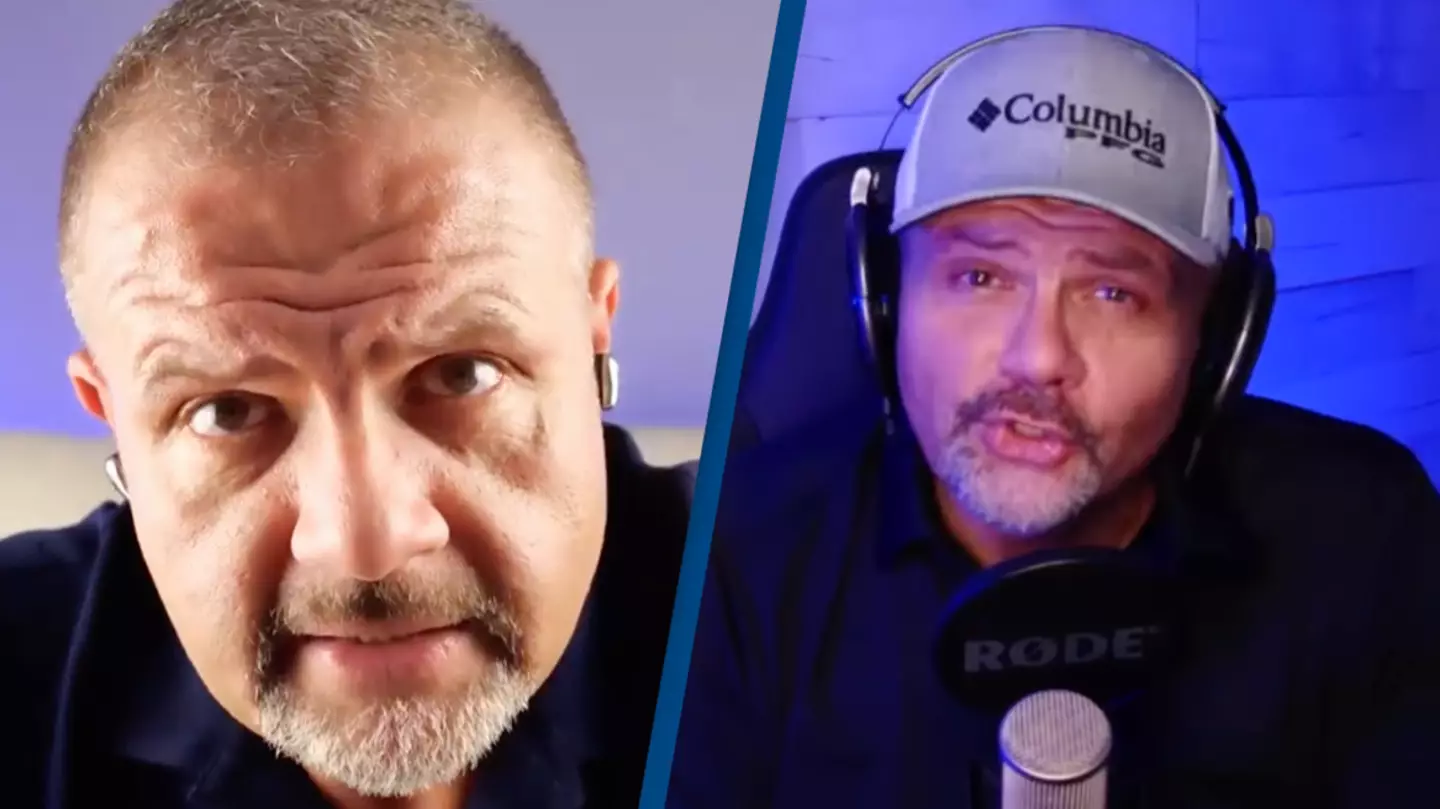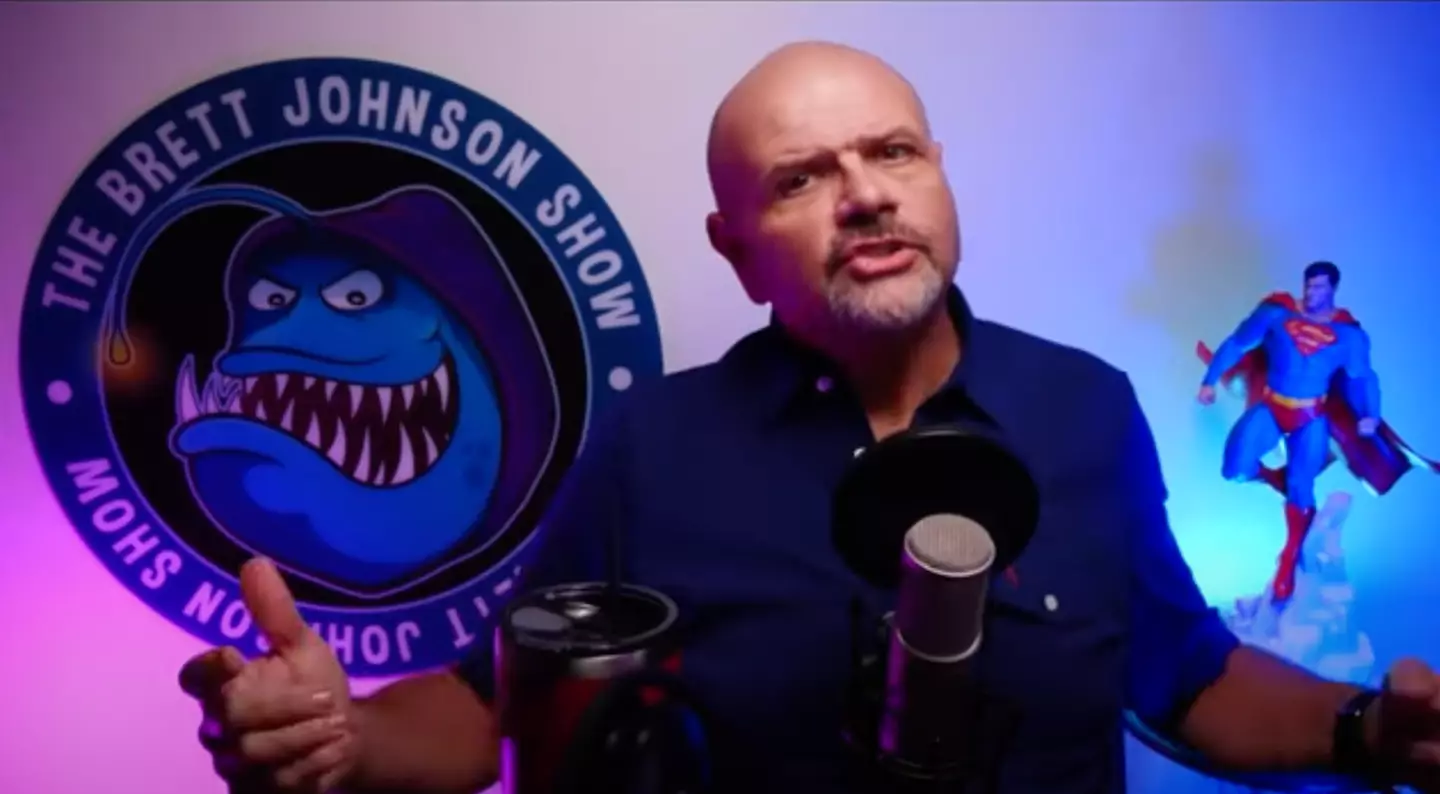
A reformed cybercriminal has revealed his must-know tips that can help prevent similarly skilled individuals from hacking your online accounts.
With cybercrime on the rise, it's more vital than ever for people to do all they can to safeguard themselves against such hacks. Thankfully, Brett Johnson is here to help, having once landed himself on the US' most wanted list for cybercrimes.
In a recent interview with Business Insider, Johnson - who also has his own YouTube channel on the topic - reveals that he started an early version of the so-called 'darknet'.
To the uninitiated, the darknet (or darkweb) refers to a particularly shady part of the internet where illegal goods can be traded, and services exchanged, behind walls of encryption.
Advert
The American told Insider: "I helped build and run an early version of the 'darknet', which provided a trust mechanism that many criminals continue to use to this day."
.webp)
However, after a breaking up Johnson's network, the US Secret Service soon managed to track him down.
Serving several years behind bars, Johnson became determined to turn his life around.
He added: "I'm now a cybersecurity expert at a fraud-prevention company, and I help protect internet users from the types of crimes I used to commit."
So then, what does this man, who seemingly knows all there is to know about online hacking, suggest that everyday internet users do to try and protect their valuable data?

First and foremost, the former hacker advises people to build a defensive 'toolbox', adding that they should begin with freezing their credit.
Johnson stated: "The first thing: freeze your credit by contacting the three main credit agencies to block access to your credit accounts.
"It's free, and it's the best tool to stop new account fraud. It's a good idea to freeze the credit of every single person in your family, including kids, because kids are often targeted for identity theft."
Next up, he extols the virtues of 'alerts' on all of your important accounts, no matter how annoying they can be at times.
He added: "The second most important step is to place alerts on accounts where you can - whether it's your credit, bank, tax records, retail accounts, email accounts, or whatever.
"The third thing I tell people is to get a password manager.
"A majority of people on this planet use the same or similar password logins across multiple websites, and hackers know that.
"I use the Google Chrome password manager, and it's free. It generates unique passwords for every log-in and saves them for you."
And finally, the expert says: "Set up multifactor authentication for your accounts. It's an outstanding tool. It's not bulletproof, but when you use it in conjunction with other tools, you become much more secure."
Certainly, in the case of his latter two pieces of advise, both are becoming more commonplace online.
Two-factor authentication is an option when singing into Gmail and most social media accounts.
While many will already be following this advice, for the uninitiated, the information provided is quite possibly a game-changer.
As Johnson concludes, it's on all of us to treat online safety like safety in the material world, as failing to do so can most certainly have real world consequences.
In Summary, he said: "We're good at understanding when to be on guard in the physical world, but we need to do a better job of understanding that there are also predators on the internet."
If you have a story you want to tell, send it to UNILAD via [email protected]
Topics: Crime, True crime, US News, Google
